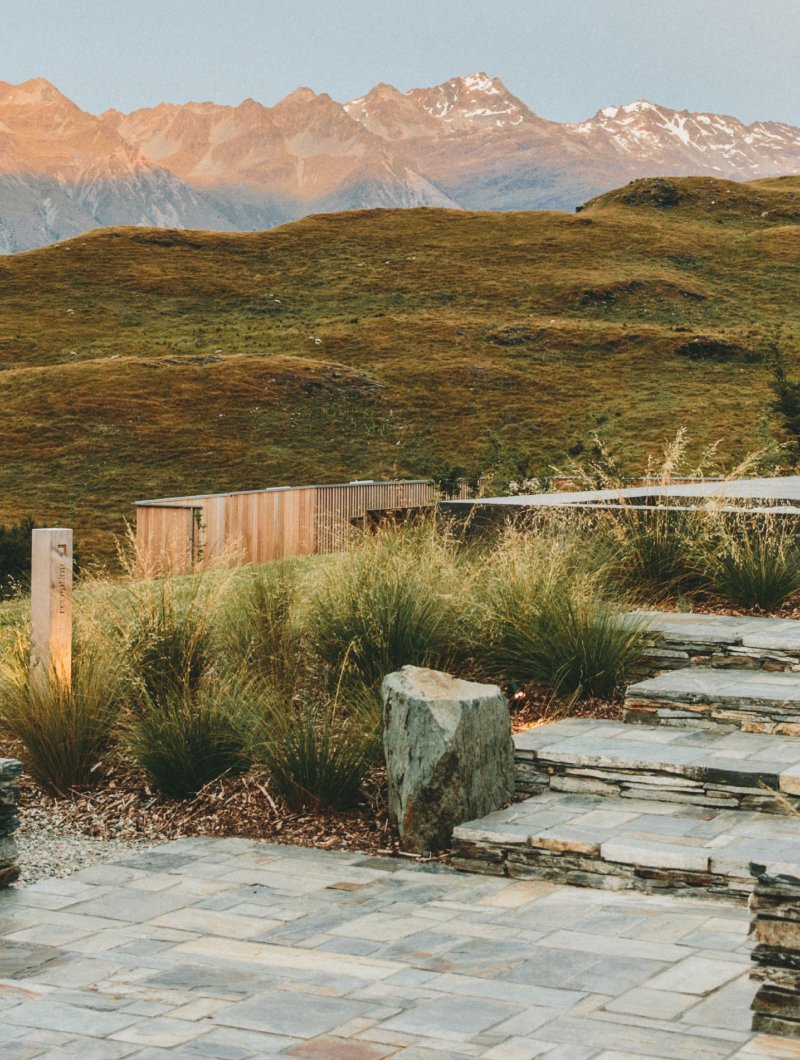Puppy
Training
Socialization
This will be our main focus if your dog is between 8 - 21 weeks of age. Socialization is an incredibly important, but often misunderstood part of training. Socialization is how we teach our puppies about the world—remember they are babies, and they have never been alive before. They need to learn about sights, sounds, smells, textures, people, animals, and more. But more importantly, they need to learn how to feel about and respond to these things. This is easier said than done. Socialization needs to be done under the supervision and guidance of a professional. It is not good socialization to let your puppy meet as many people and dogs as possible. It is equally bad to not let them see anyone or go anywhere. Socialization is the absolute most important work you need to do with your puppy; it is the number one thing you can do to prevent behavioral problems from arising in the future. Sit, down, and stay can wait because after the 16 week mark, the critical socialization period ends, and our ability to prevent behavioral problems, like reactivity, plummets. Please see my blog on socialization for a more detailed description of the socialization process. When working with Ponderosa Paws, our first priority will be to create a socialization plan for your puppy to make sure we are setting them up for a long, healthy, emotionally stable life.
Sleep Schedule
Do you know how much sleep your puppy is getting? Do you know how much sleep they should be getting? For puppies and adolescent dogs under 2 years, the developmentally necessary amount of sleep is between 18 and 20 hours in a 24 hour cycle. That means, you should not be seeing your puppy for more than 4-6 hours in a day. They really should not be awake for longer than 45 minutes at a time. Together we will begin tracking how much sleep your puppy is getting and create a sleep schedule to make sure they are getting developmentally appropriate rest. Lack of sleep is the number one cause for common puppy problem behaviors, like mouthing and destructiveness. With a proper sleep schedule, you will watch your puppy go from putting holes in your favorite clothes to calmly chewing on their bones.
Crate Training
Crate training is vital for a well adjusted dog. Having a crate trained puppy will make your life one million times easier when it comes to potty and sleep training. Being able to limit the dog’s access to your house and to have somewhere safe and comfortable to sleep is incredibly useful. It is also important to keep your puppy safe when you leave the home—you don’t want to leave them out and about to chew on electrical cords or swallow something they shouldn’t. Additionally, there will likely come a time in your dog’s life when they will need to be confined, whether that is at the vet or at a kennel. Prepare them now, so that they are comfortable and familiar with confinement when it is necessary. Some people feel guilty about putting their dogs in crates, however, when done with care, puppies can learn not only to tolerate their crate, but to enjoy spending time in it.
Potty Training
Your puppy is not born understanding where their bathroom is. The world is very big to them (and so is your home). We will create a plan for letting the puppy out to the bathroom, and slowly increase your their living space within your home. It is paramount to their success that we take things slow and allow them to learn at their own pace. The stricter you are at following the plan, the faster your puppy will have full access to your home. Rentals are available for crates and X-pens.
Basic Cues / Commands
Once we’ve laid a strong foundation with plans for socialization, sleep, crate, and potty training, we will start working on some basic cues (often referred to as commands). There is no right or wrong way to live with your dog. What is important is to know how you want to personally coexist with your puppy, and that will shape which skills we focus on. Do you care if your dog begs at the table? Do you care if your dog gets on the bed? Do you care if your dog pulls on the leash? Some people do care about these things, and others don’t. If you aren’t sure what you want your dog to learn, I am happy and ready to make suggestions. My suggestions will include cues and skills such as sit, down, stay, wait, place, ringing a bell to go outdoors, recall (“come”), leash manners, off leash skills building, and handler focus.
Make it
It all begins with an idea. Maybe you want to launch a business. Maybe you want to turn a hobby into something more. Or maybe you have a creative project to share with the world.
-
It all begins with an idea. Maybe you want to launch a business. Maybe you want to turn a hobby into something more. Or maybe you have a creative project to share with the world.
-
It all begins with an idea. Maybe you want to launch a business. Maybe you want to turn a hobby into something more. Or maybe you have a creative project to share with the world.
-
It all begins with an idea. Maybe you want to launch a business. Maybe you want to turn a hobby into something more. Or maybe you have a creative project to share with the world.





